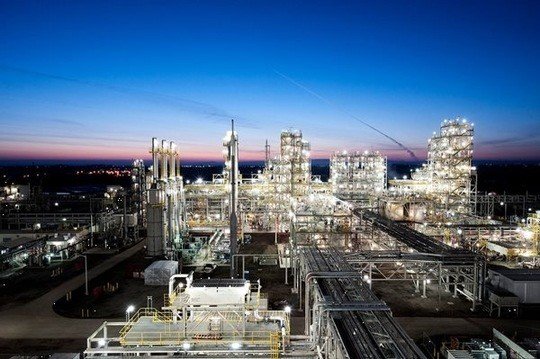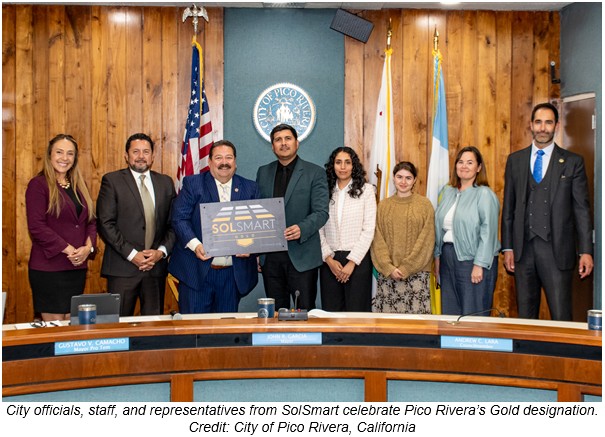Hanwha Solutions invests in REC Silicon, will revive its U.S.-based polysilicon production

Hanwha Solutions announced a strategic investment in polysilicon manufacturer REC Silicon ASA to secure low-carbon photovoltaic materials amid growing demand for renewable energy in the United States. The company, which operates Q CELLS, said it agreed to purchase a 16.67% stake in REC Silicon for $160.47 million, becoming a co-leading shareholder of the polysilicon manufacturer with Aker Horizons, a Norway-headquartered investment firm focused on renewable energy.
REC Silicon operates two polysilicon manufacturing facilities in the US, with an annual production capacity of 20,000 MT: 18,000 at Moses Lake, Washington, and 2,000 at Butte, Montana. Using hydropower-based clean energy, REC Silicon can produce low-cost polysilicon without emitting greenhouse gases.
This is the type of domestic investment the Biden Administration was hoping for in the wake of the WRO action. For Hanwha, it paves the way for the company to make further investments throughout the solar value chain in the US, which anticipates further significant policy support if Congress passes the Solar Energy Manufacturing Act (SEMA) before year’s end. It is designed to provide tax credits for solar manufacturers in the US, the bill can provide price competitiveness for those producing solar panels domestically.
“Most US-based polysilicon manufacturers have halted their production for solar-grade polysilicon, including REC Silicon at Moses Lake. Signing SEMA into law and leveraging smart trade and other federal policies will boost solar manufacturing in the United States,” said a Hanwha Solutions spokesperson. “Capitalizing on our expertise in polysilicon production, we will reopen the Moses Lake facility and jumpstart REC Silicon production in the US.”
This investment is intended as the next step in the creation of a comprehensive U.S. solar value chain, from production of polysilicon to fully assembled solar modules.
Given that the company operates a solar module factory in Dalton, Ga., with an annual production capacity of 1.7 GW, the passage of the legislation will boost the company’s investments into a comprehensive solar value chain, from the production of polysilicon through to fully assembled solar modules.
Taking the legislation as an opportunity, the company seeks to maintain its top market share in the U.S. According to the latest Wood Mackenzie Power & Renewables report, Q CELLS has a 22% market share in the U.S. commercial solar module market, marking two consecutive years as No.1 supplier. Q CELLS has also maintained its leading position in the US residential solar markets for three consecutive years, with a 25% market share to-date in 2021. The Company is also a leading supplier to the utility solar sector.
“Expanding renewable energy is inevitable, given the global efforts to combat climate change,” added the Hanwha Solutions spokesperson. “Focusing on the US, Europe and other dynamic solar markets, we will expand our investments into the regions with a growing demand for renewable energy.”





Comments are closed here.